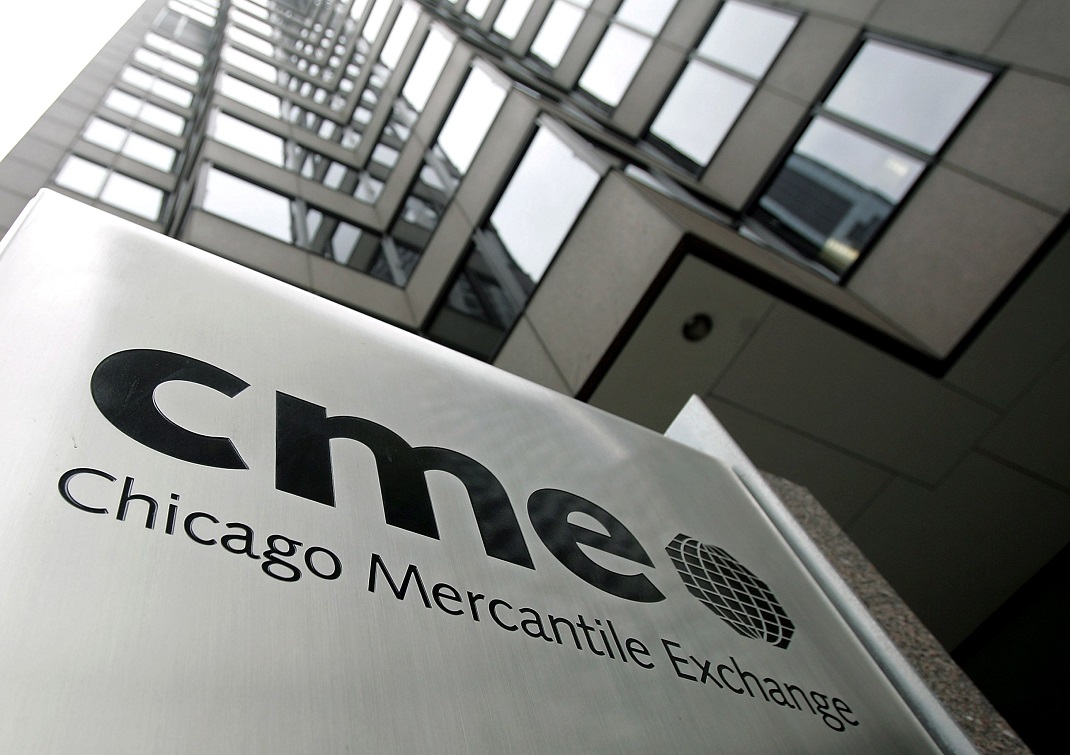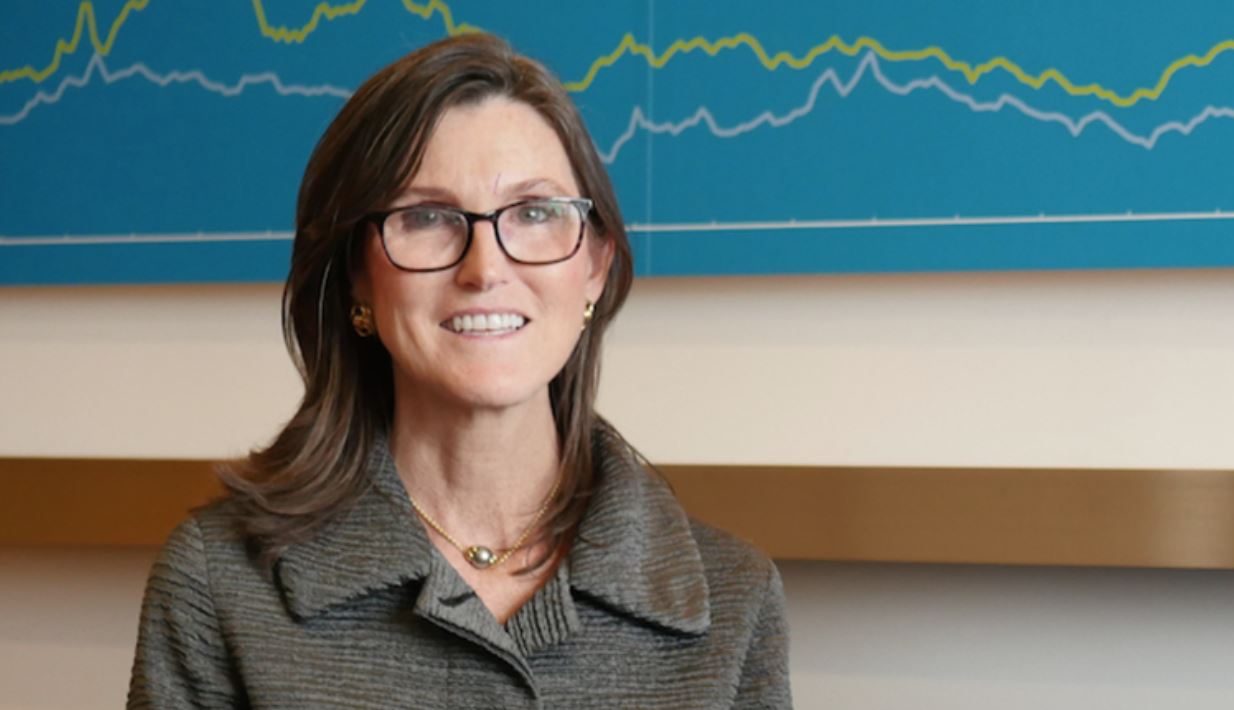MicroStrategy's high-stakes Bitcoin gamble encounters a critical debt roadblock, with cash flow issues casting a shadow on the company's financial health.
Bitcoin Holdings Reach $15 Billion
When Chairman Michael Saylor bought Microstrategy’s first Bitcoin in September 2020, it set a precedent for how the corporation should invest its operating cash.
In spite of flat software sales, Microstrategy's Bitcoin holdings have grown to a staggering $15 billion during the previous four years, according to Bloomberg.
Cash Flow Concerns Over Debt Expenses
Few analysts are holding out hope for the revenue pump as the business prepares to announce its second-quarter earnings later today, August 1. In an interview with Bloomberg, TD Cowen analyst Lance Vitanza stated:
“For me, I think the big question is just making sure that their cash flows are going to be sufficient to cover the incremental interest expense associated with the convertible debt they’ve issued. If my estimates are right, they don’t have a lot of room for error if their software business underperforms.”
The MSTR Stock, which has outpaced Bitcoin over the last 18 months, has returned 134% since the beginning of 2024, and TD Cowen still has a "buy" rating on it.
Per Coingape, apart from operational income, MicroStrategy has raised a number of other types of capital over the past four years to purchase Bitcoin. As part of this, convertible notes worth more than $2 billion will be issued.
Tight Liquidity May Halt Bitcoin Buys
In addition to paying taxes and interest, the corporation is utilizing the money it makes from its software business. According to TD Cowen analyst Vitanza, the firm has interest expenses of more than $45 million, additional cash expenses of $20 million, and earnings before taxes of $82 million.
According to Vitanza, the corporation may have to delay making any more Bitcoin transactions this year due to the tight liquidity conditions. The software company's Bitcoin holdings have doubled, but it doesn't matter because those BTCs don't bring in any money.
Quarterly Loss Expected by Analysts
Revenue will stay unchanged at $119.3 million, and analysts questioned by Bloomberg anticipate a quarterly loss of 78 cents per share.
Curiously, the company's debt doesn't have any maturity dates until 2027. Bloomberg concludes that the corporation has multiple paths to satisfy its financial commitments, regardless of the success or failure of its software division.


























Comment 0